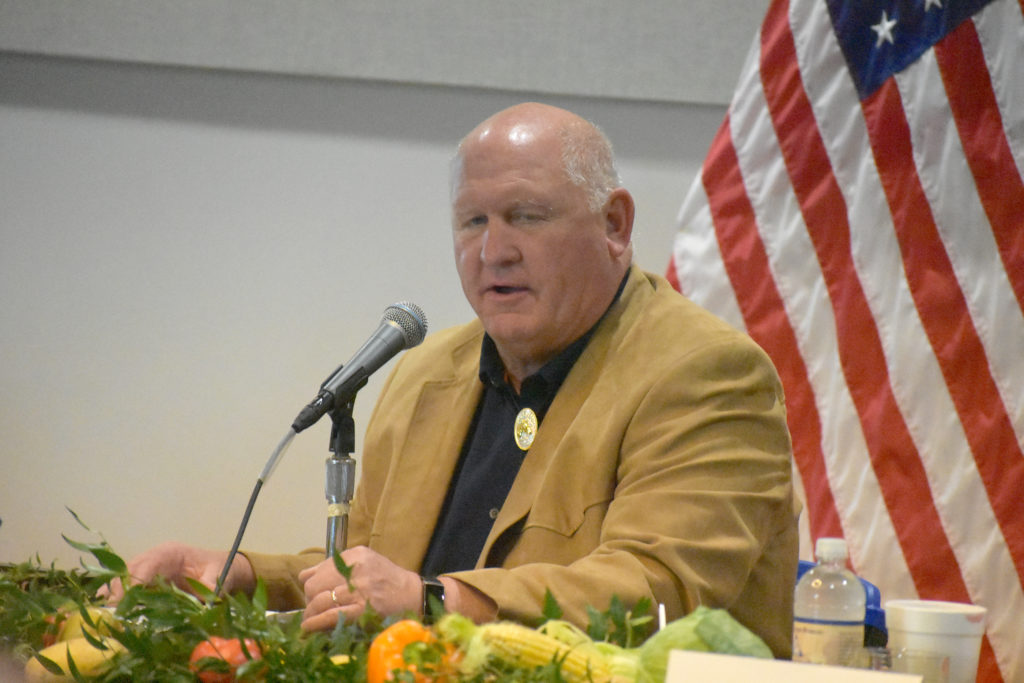By Clint Thompson
The list of challenging issues negatively impacting specialty crop production is long and complex. But they must be addressed in the Farm Bill legislation that is currently being discussed among legislative leaders.

One of those leaders is Glenn ‘GT’ Thompson, chairman of the House Committee on Agriculture. While in Newberry, Florida, for the Farm Bill listening session in April, he discussed the challenges that producers in the Southeast continue to face and which have only worsened in recent years.
“Labor is a big issue. These are great jobs, but they’re tough jobs. A lot of farmers and ranchers pay a lot of money to advertise, but they just can’t get American help. That’s why programs like H-2A, using legal foreign workers, are so important,” Thompson said. “Then there’s inflation. Farming is a business. It’s not so important what you bring in for money, it’s what you’re left with after you pay your bills. A lot of these commodities are close to being upside down with this record inflation. Sadly, prices go up quickly, but they come down very slowly.
“That’s something that farmers are going to have live with for a while. We need to take that into consideration as we look at the design and implementation of farm bill programs in the 2023 Farm Bill.”
Thompson agreed with Rep. Kat Cammack’s (FL-03) assessment, as the two were part of a recent Farm Bill listening session in Newberry, Florida. Labor and high input prices top her lists of concerns for producers, many of whom she represents.









